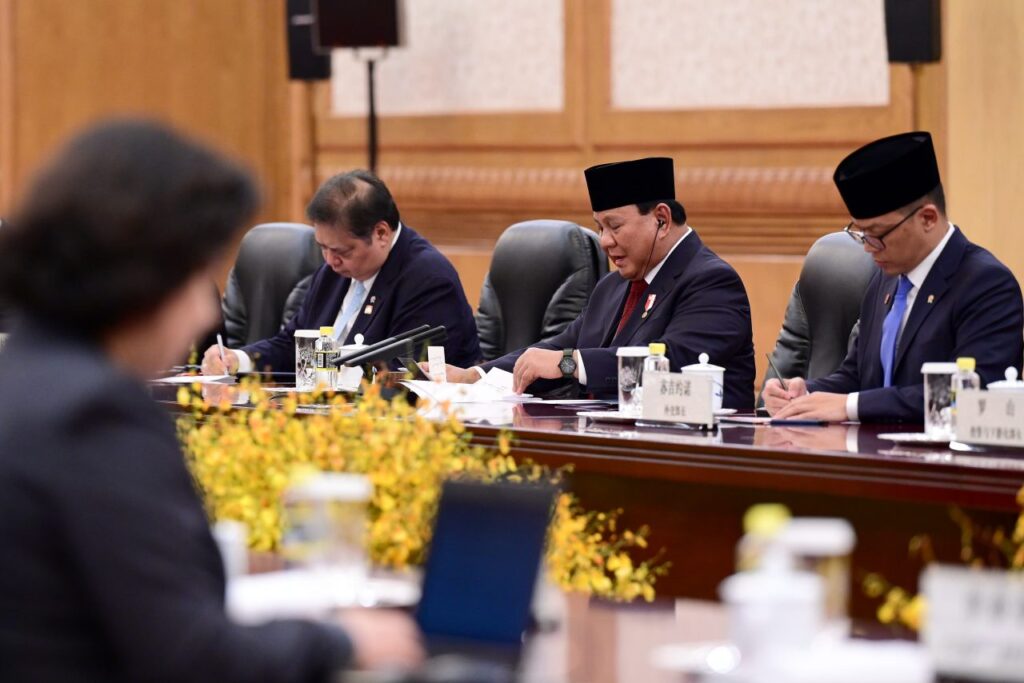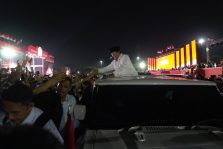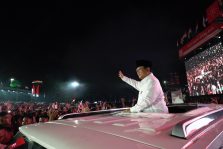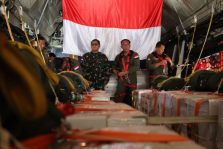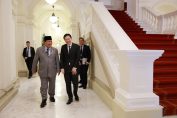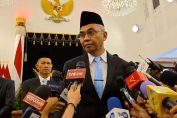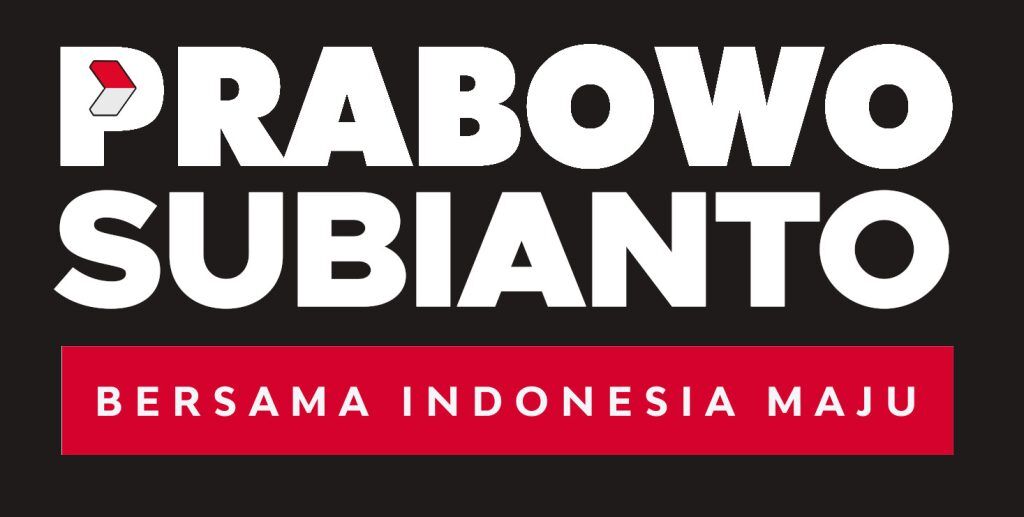Jakarta — Co-Founder of the Institute for Security and Strategic Studies (ISESS), Khairul Fahmi, has criticized a recent editorial in The Economist that labeled President Prabowo Subianto’s diplomacy as “desperate.” The editorial questioned the direction of Indonesia’s foreign policy under Prabowo, suggesting it risks losing its hallmark neutrality and independence.
Fahmi described the editorial as narrow-minded, arguing that Prabowo’s recent diplomatic tours reflect Indonesia’s pragmatic and flexible approach to strengthening its global position.
“While criticism should be considered, the analysis in this case is far from accurate,” Fahmi said on Wednesday (4/12).
“It’s based on a limited perspective that overlooks the reality that Prabowo’s diplomacy embodies a pragmatic and flexible approach rooted in Indonesia’s experience and its need to solidify its position in an evolving global landscape,” he added.
Fahmi noted that Prabowo’s visits to five countries, including his meeting with the UN Secretary-General, highlight Indonesia’s ambition to foster stronger global connections.
“These visits underscore Indonesia’s drive to strengthen international relations while emphasizing Prabowo’s depth of diplomatic experience,” Fahmi explained.
The critique suggesting that Prabowo is overly confident and lacks counsel from advisors is also unjust, according to Fahmi. He pointed out that Prabowo’s background equips him well for navigating international politics.
“As a former special forces general, Prabowo is no stranger to diplomacy or international politics,” he said.
“The decision to lead Indonesia’s international delegation wasn’t taken lightly,” Fahmi asserted.
Fahmi also emphasized Indonesia’s bebas aktif (free and active) foreign policy as a critical framework often overlooked in such criticisms.
“This policy ensures Indonesia strikes a balanced approach in its foreign relations,” Fahmi said.
Fahmi argued that the bebas aktif principle doesn’t imply avoiding controversy or taking positions on global issues but rather underscores Indonesia’s commitment to staying neutral in global power struggles.
“Prabowo’s diplomacy, evident in his meetings with world leaders and participation in international forums, reflects Indonesia’s dedication to pursuing its national interests worldwide,” Fahmi added.
Presidential Communications Office (PCO) head Hasan Nasbi also responded to The Economist, accusing the publication of being clouded by Western superiority complexes.
“They, like other Western media, struggle to recognize atrocities and genocides occurring in places like Palestine,” Hasan wrote on Instagram.
He criticized the publication’s binary perspective, which assumes that friendship with China excludes cooperation with the US and vice versa.
“This Western logic of mutual exclusivity doesn’t align with the nuanced diplomacy pursued by countries in the East,” Hasan concluded. (RR)

